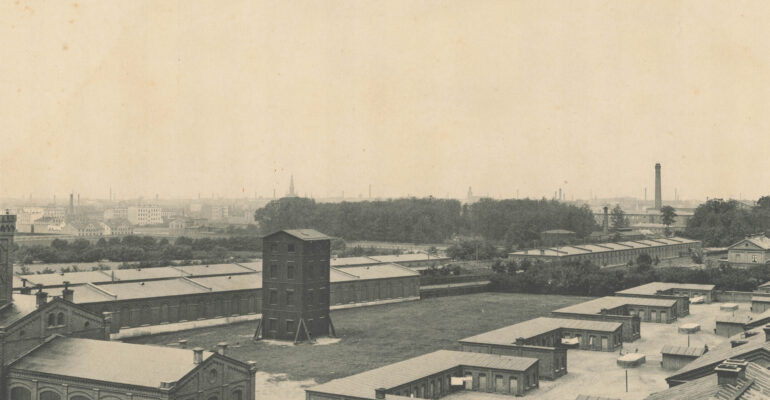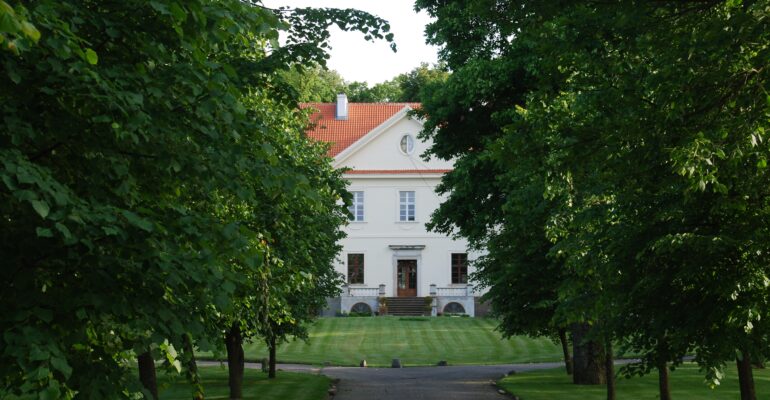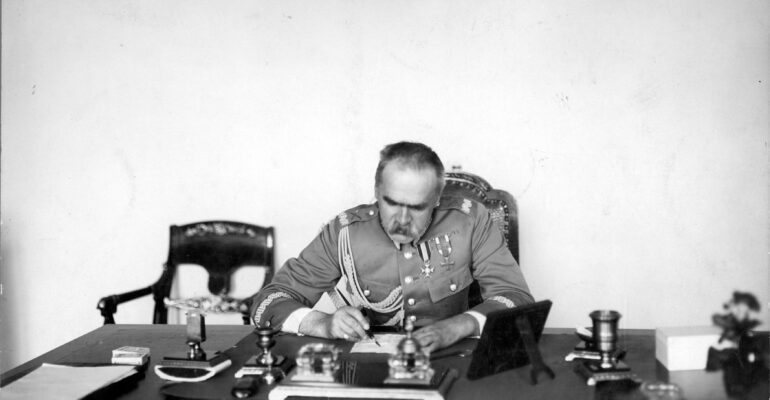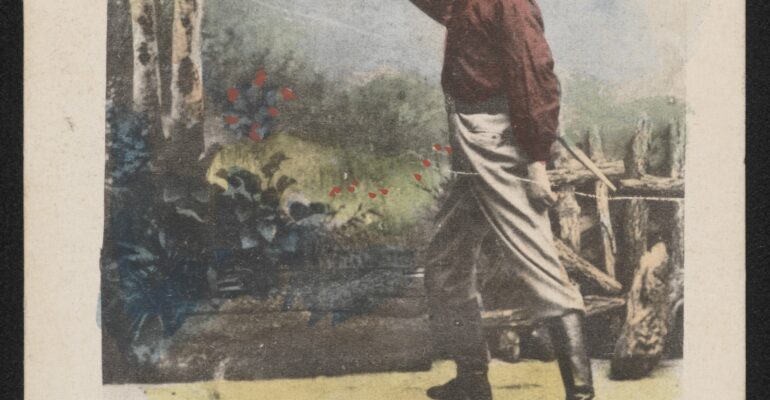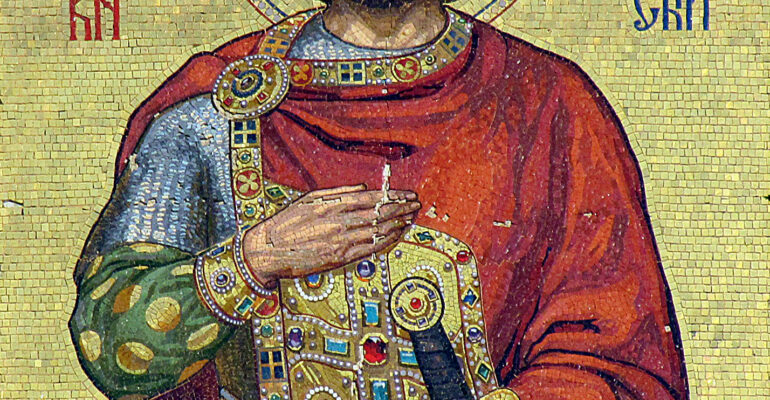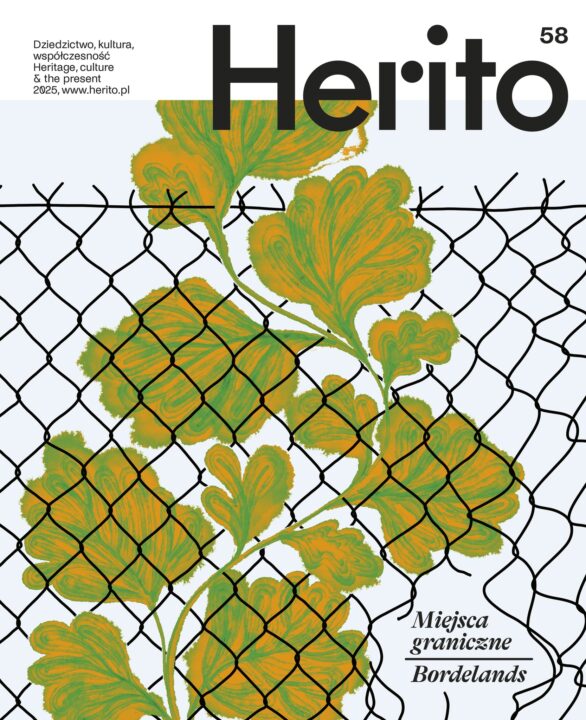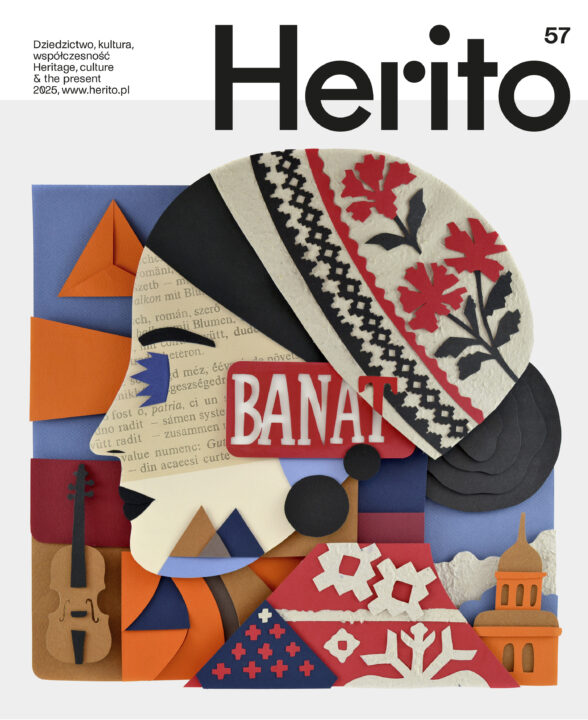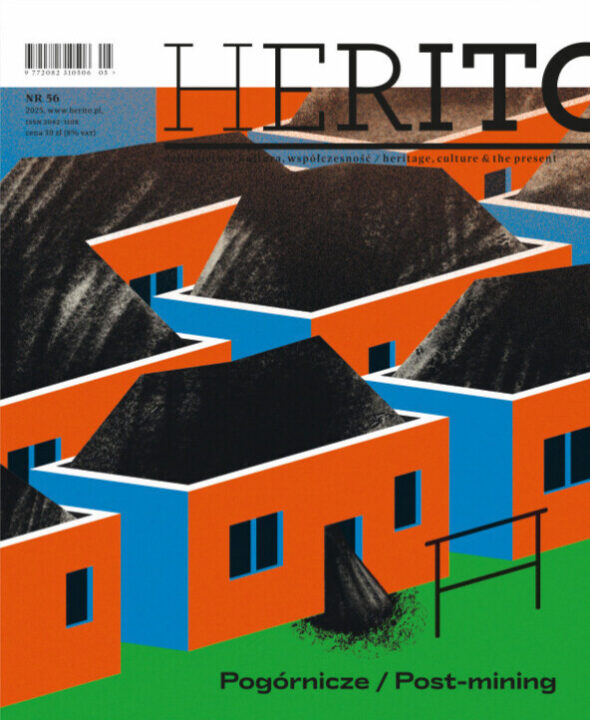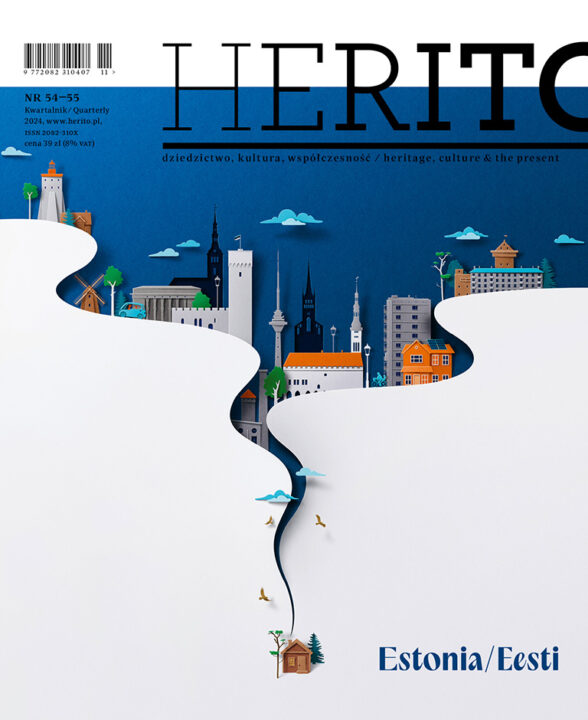Nations - History and Memory
If today is as much a mosaic of nations and their histories as a social tissue of their individual memories, families, milieus and institutions, the sphere that has emerged between them appears to be an area of tension and often conflicts. What kind of conflicts? Whose conflicts? Who and for what purpose do memory and history now serve? These are some of the questions that run through this issue, and the review of opinions it publishes opens with Miroslav Hroch’s question: What does Europe still need a nation for?Even up until two decades ago, many found it puzzling that issues of memory should be important in times when we all, it seems, should not be bothered by them. Instead, we should be focused on something completely different: globalisation, cultural pluralism, and society’s free communication and movement, because borders (and cultural differences) have lost their relevance. These days, however, one cannot question the significance of memory anymore. It has risen from a form of retrospection to the status of being a key concept in contemporary humanities.
Krzysztof Pomian has recently noted that while practising history has, until now, meant preoccupation with what was and is gone (including why it is gone), the humanities have asked what makes works of the past retain their powerful impact. In other words, history has studied change, whereas the humanities have introduced the perspective of lasting. It is at this point that we touch upon remembrance, Pomian states, as the start of the last century survives in the living memory of quite a number of people, and the last few decades can even be remembered by histo-rians themselves! Technology gives succour to memory by making it possible to register words and sights which would otherwise have vanished without a trace.
Free full text articles
More articles
To Orchestrate a City

Copyright © Herito 2020


